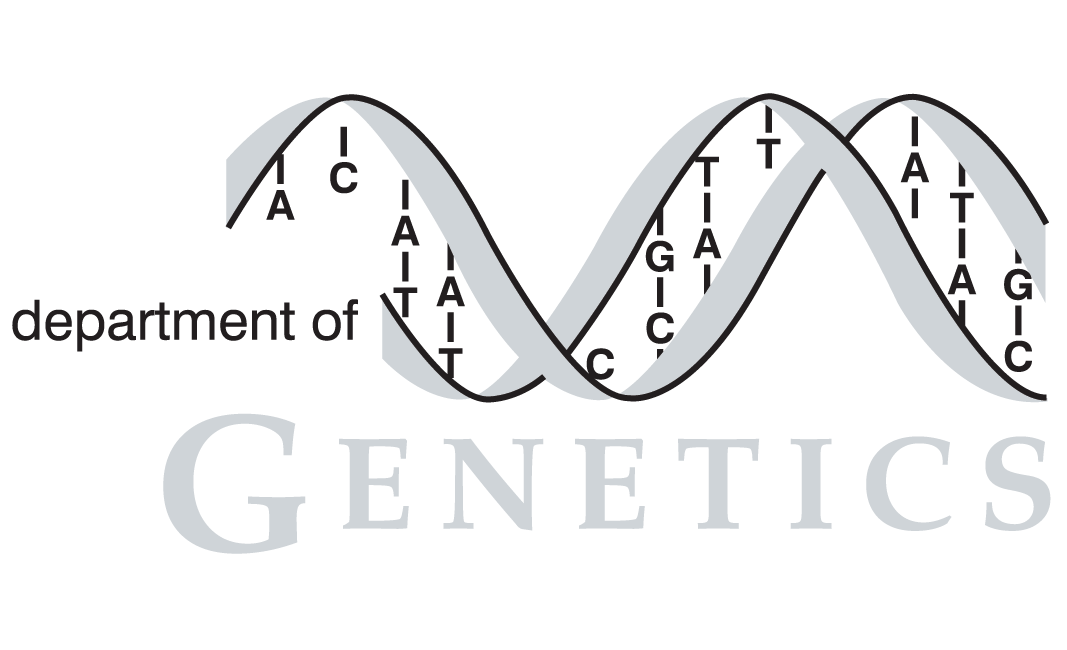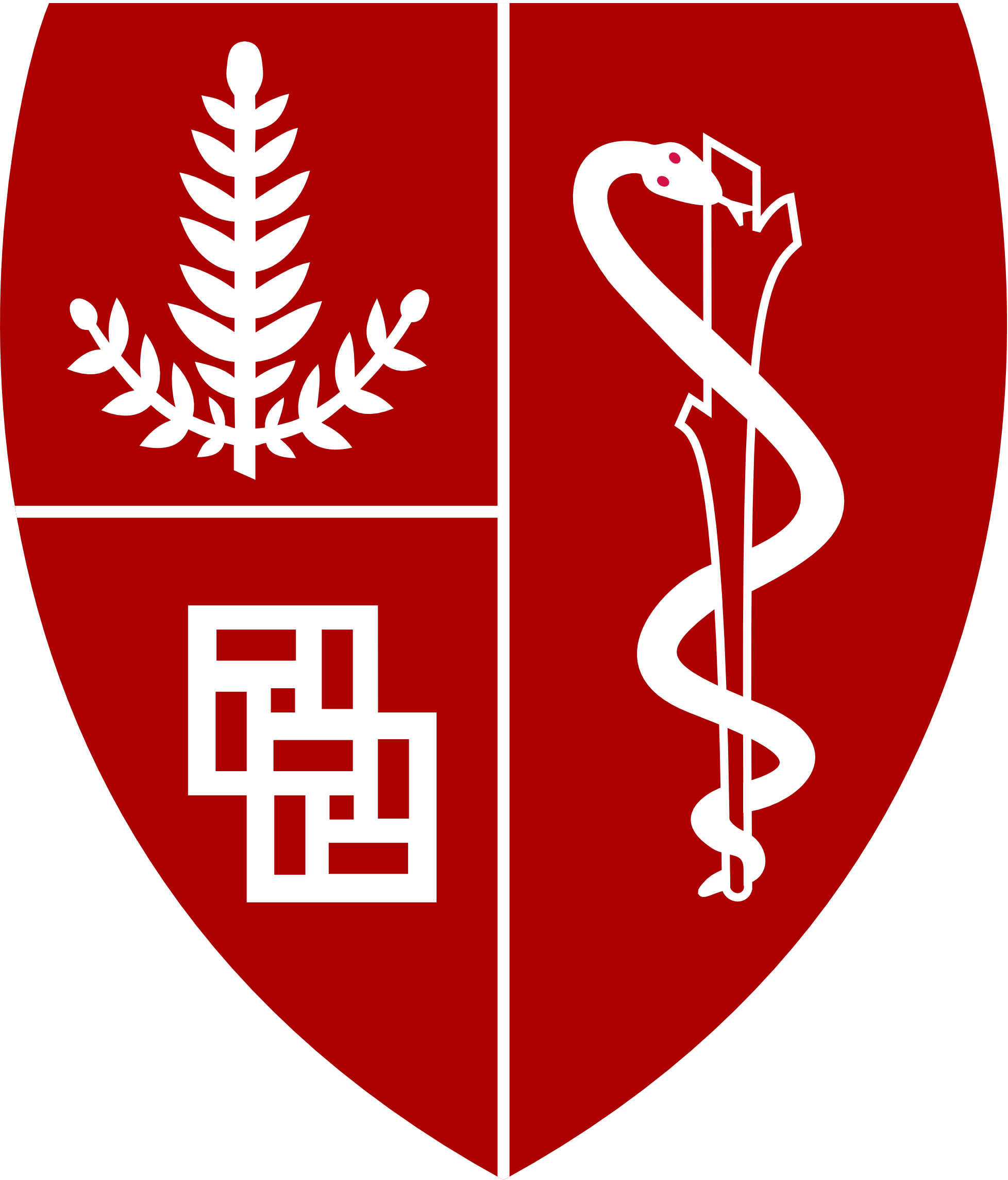| Citation | Yamane-Sando Y, Shimobayashi E, Shimobayashi M, Kozutsumi Y, Oka S, Takematsu H. Fpk1/2 kinases regulate cellular sphingoid long-chain base abundance and alter cellular resistance to LCB elevation or depletion. MicrobiologyOpen, 2014. |
| PubMed ID | 24510621 |
| Short Description | Fpk1/2 kinases regulate cellular sphingoid long-chain base abundance and alter cellular resistance to LCB elevation or depletion. |
| # of Conditions | 1 |
Full Description

|
Sphingolipids are a family of eukaryotic lipids biosynthesized from sphingoid long-chain bases (LCBs). Sphingolipids are an essential class of lipids, as their depletion results in cell death. However, acute LCB supplementation is also toxic; thus, proper cellular LCB levels should be maintained. To characterize the sphingolipid-signaling intercross, we performed a kinome screening assay in which budding yeast protein kinase-knockout strains were screened for resistance to ISP-1, a potent inhibitor of LCB biosynthesis. Here, one pair of such DIR (deletion-mediated ISP-1 resistance) genes, FPK1 and FPK2, was further characterized. Cellular LCB levels increased in the fpk1/2 strain, which was hypersensitive to phytosphingosine (PHS), a major LCB species of yeast cells. Concomitantly, this strain acquired resistance to ISP-1. Fpk1 and Fpk2 were involved in two downstream events; that is, ISP-1 uptake due to aminophospholipid flippase and LCB degradation due to LCB4 expression. RSK3, which belongs to the p90-S6K subfamily, was identified as a functional counterpart of Fpk1/2 in mammalian cells as the RSK3 gene functionally complemented the ISP-1-resistant phenotype of fpk1/2 cells. |
Tags
 |
Contact: sgd-helpdesk@lists.stanford.edu


